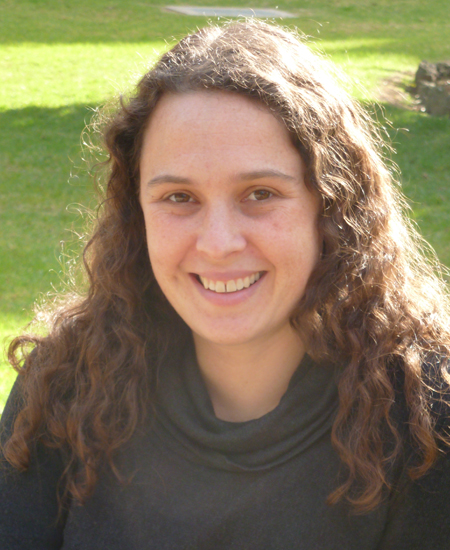Aligning science and policy to achieve evolutionarily enlightened conservation

There is increasing recognition among conservation scientists that long‐term conservation outcomes could be improved through better integration of evolutionary theory into management practices. Despite concerns that the importance of key concepts emerging from evolutionary theory (i.e., evolutionary principles and processes) are not being recognized by managers, there has been little effort to determine the level of integration of evolutionary theory into conservation policy and practice. We assessed conservation policy at 3 scales (international, national, and provincial) on 3 continents to quantify the degree to which key evolutionary concepts, such as genetic diversity and gene flow, are being incorporated into conservation practice. We also evaluated the availability of clear guidance within the applied evolutionary biology literature as to how managers can change their management practices to achieve better conservation outcomes. Despite widespread recognition of the importance of maintaining genetic diversity, conservation policies provide little guidance about how this can be achieved in practice and other relevant evolutionary concepts, such as inbreeding depression, are mentioned rarely. In some cases the poor integration of evolutionary concepts into management reflects a lack of decision‐support tools in the literature. Where these tools are available, such as risk‐assessment frameworks, they are not being adopted by conservation policy makers, suggesting that the availability of a strong evidence base is not the only barrier to evolutionarily enlightened management. We believe there is a clear need for more engagement by evolutionary biologists with policy makers to develop practical guidelines that will help managers make changes to conservation practice. There is also an urgent need for more research to better understand the barriers to and opportunities for incorporating evolutionary theory into conservation practice.
Read More

